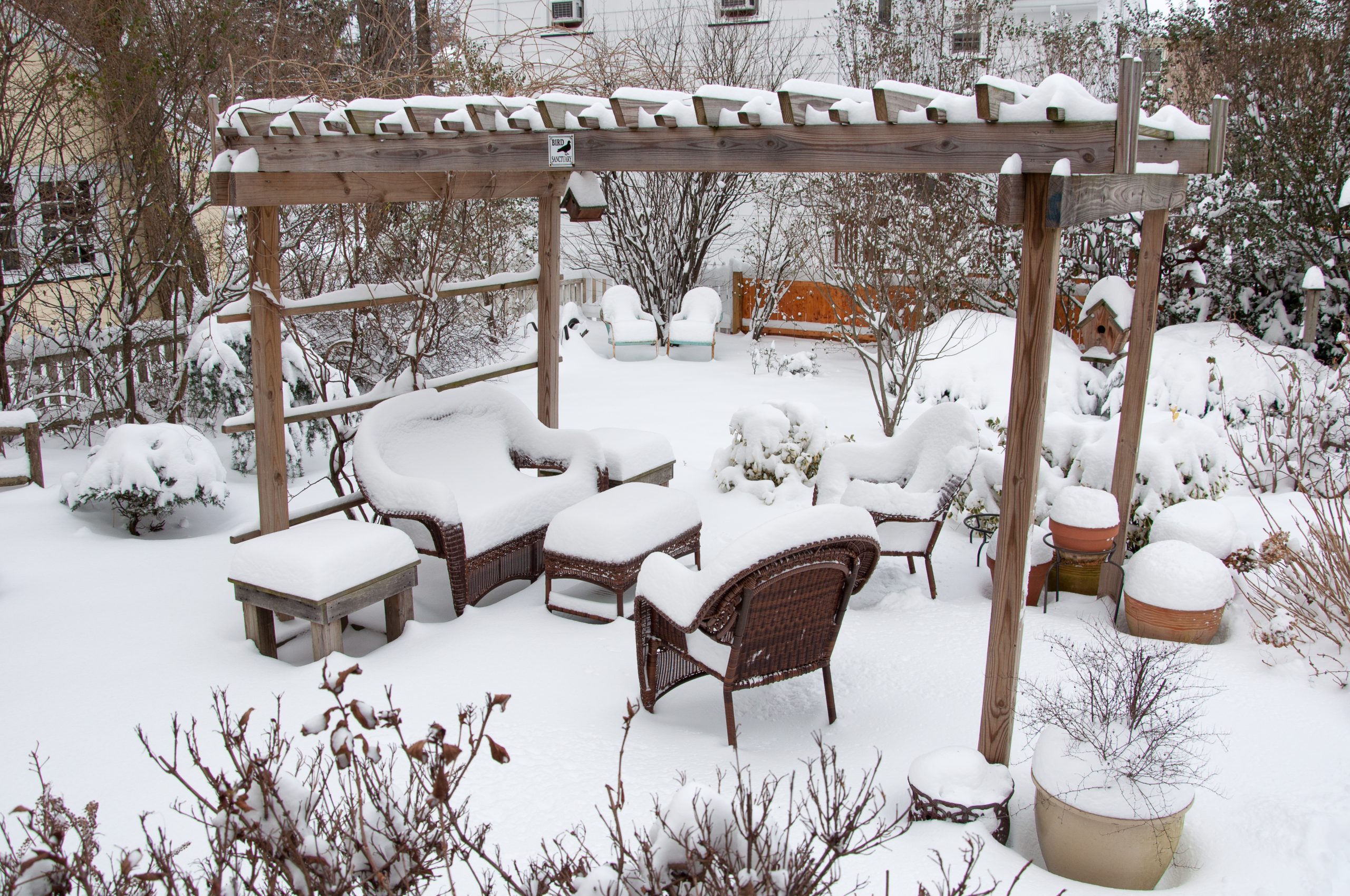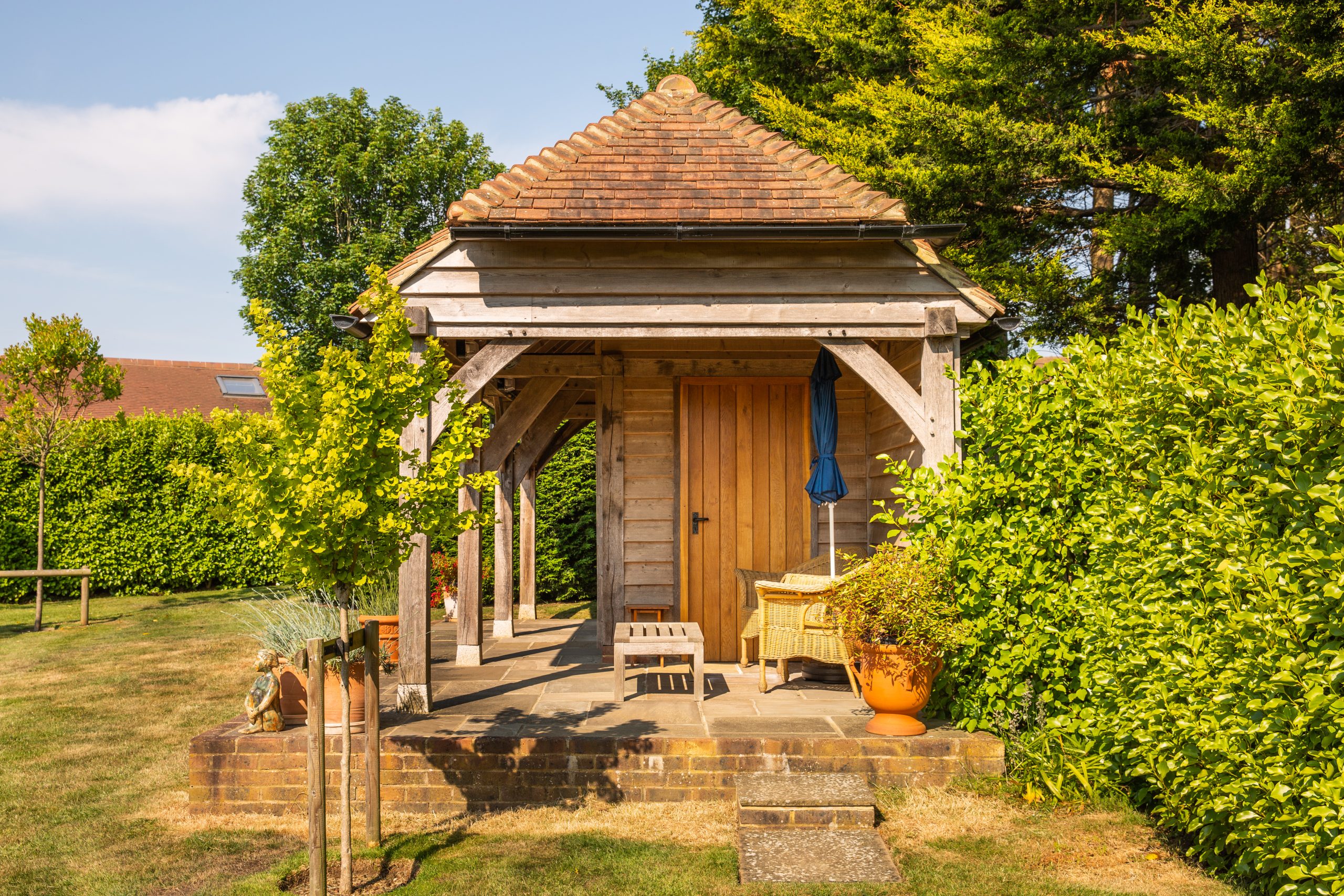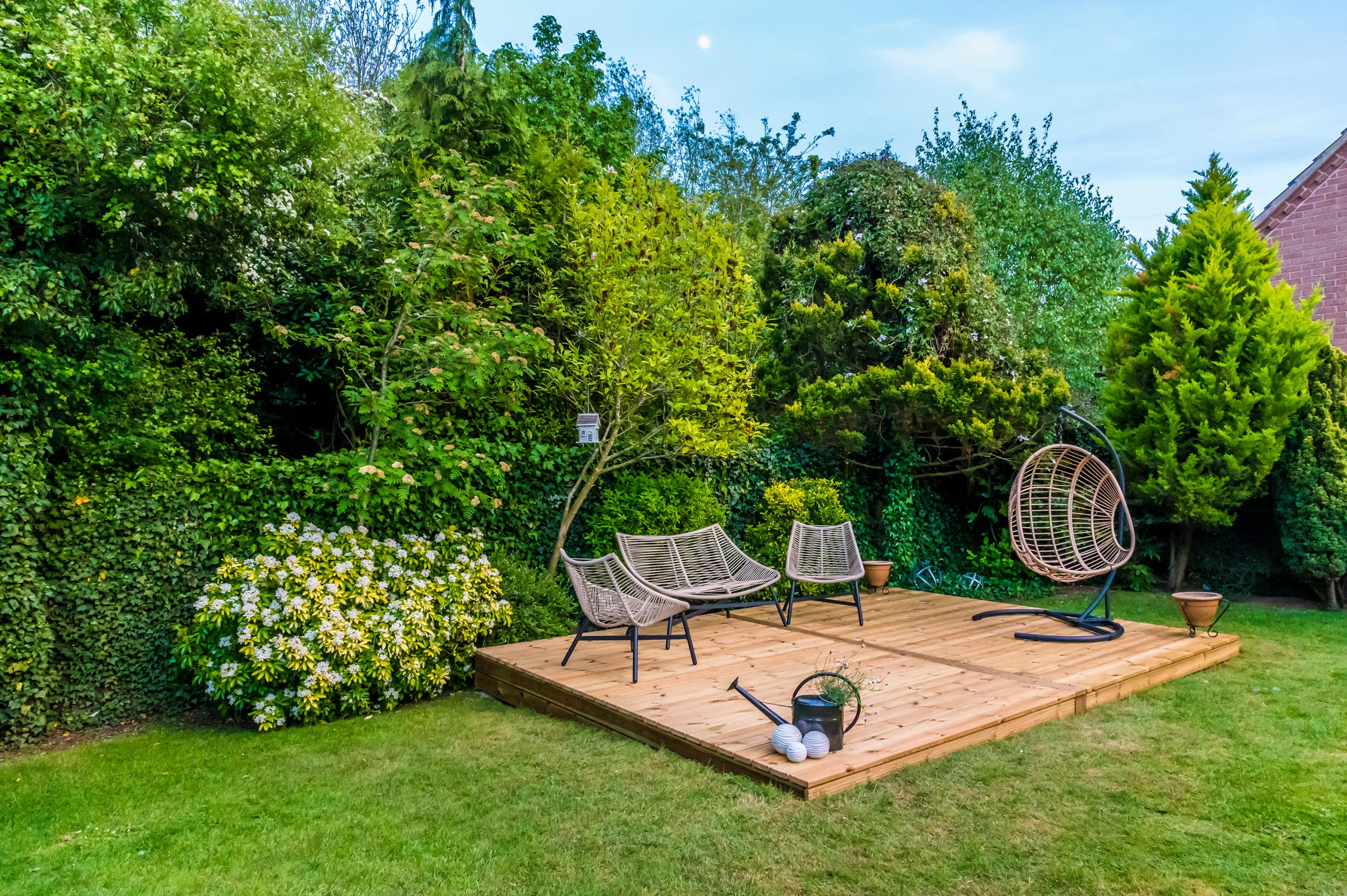How to Make Your Garden Nature-Friendly
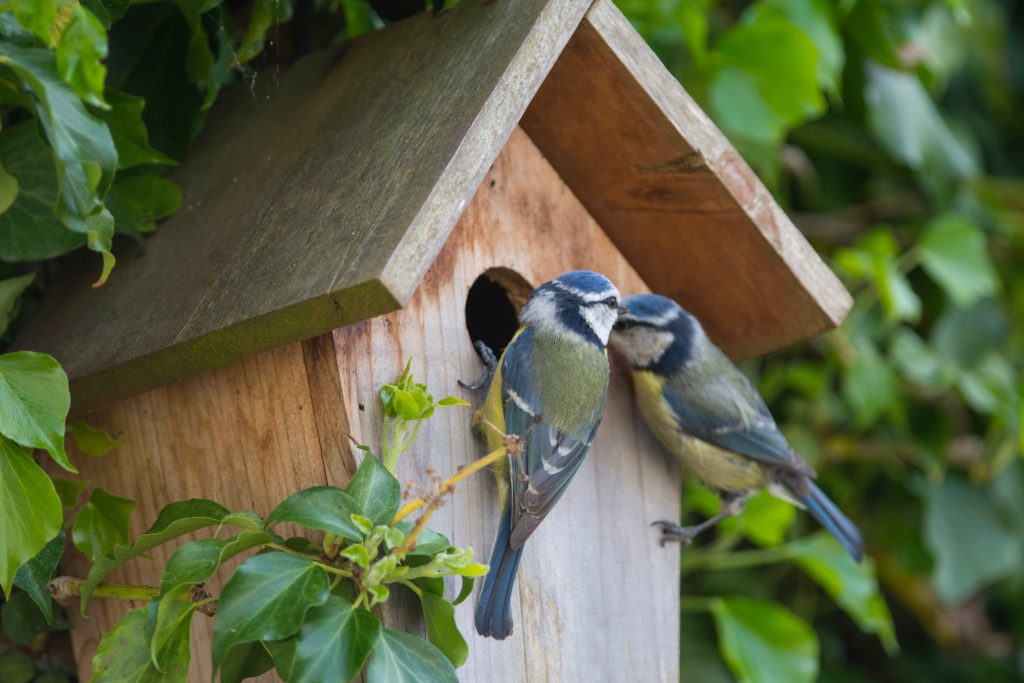
A nature-friendly garden offers a practical way to support local biodiversity. By making thoughtful choices, you can create a habitat that attracts birds, insects, and other wildlife – and this approach helps sustain local ecosystems and brings the beauty of nature closer to your home.
We Should All Be Supporting Our Local Wildlife
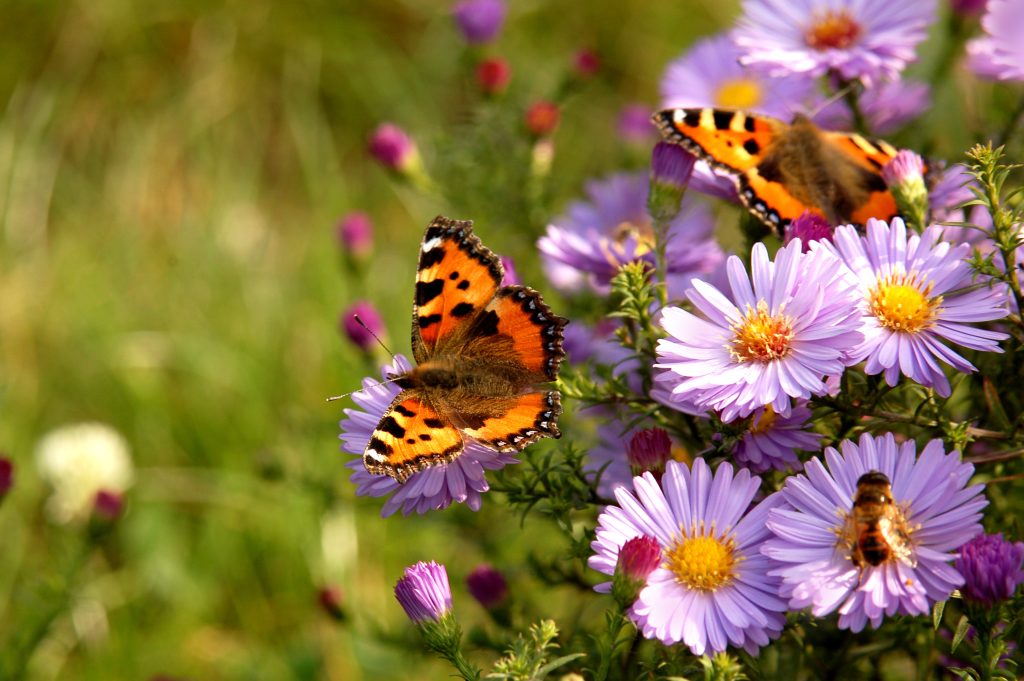
When you provide habitats for creatures like slow worms, butterflies, and birds, you're helping to sustain the local ecosystem. These species play vital roles, from pollination to pest control, which in turn supports the growth of a diverse range of plants.
7 Tips for a Successful Nature-Friendly Garden
Creating a nature-friendly garden doesn't have to be complicated. Here are some practical tips to help you get started:
1. Plant a Range of Nectar-Rich Plants
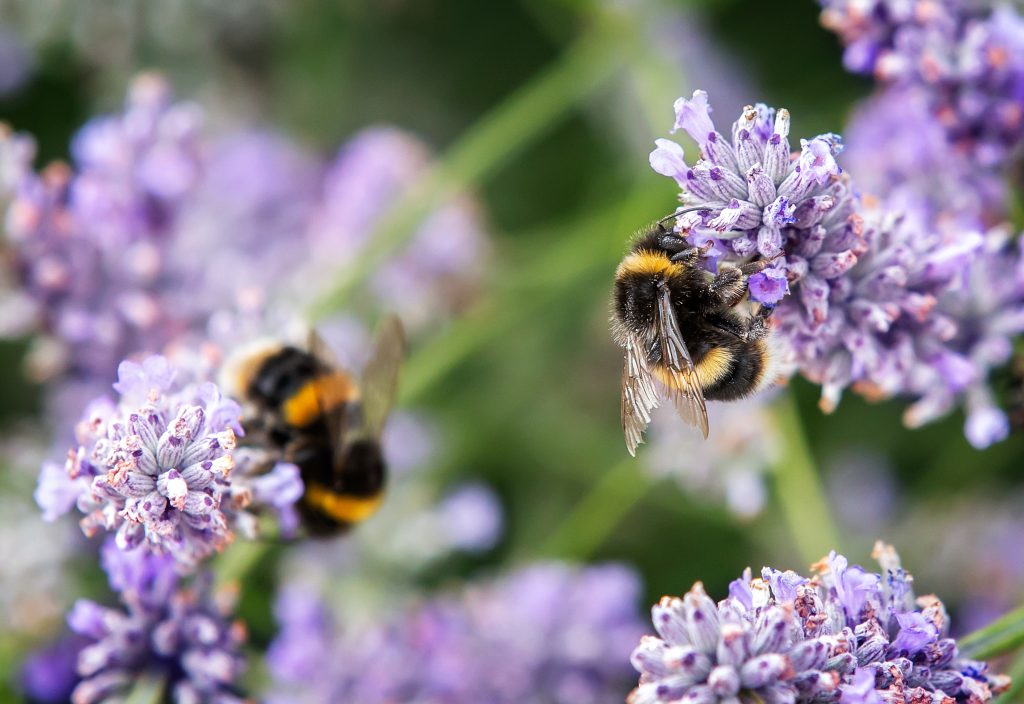
One of the simplest ways to attract wildlife is by planting a variety of nectar-rich plants. Choose flowers that bloom at different times of the year to ensure a continuous food source for pollinators like bees and butterflies. Lavender, buddleia, and wildflowers are all excellent choices.
2. Prioritise Native Plants
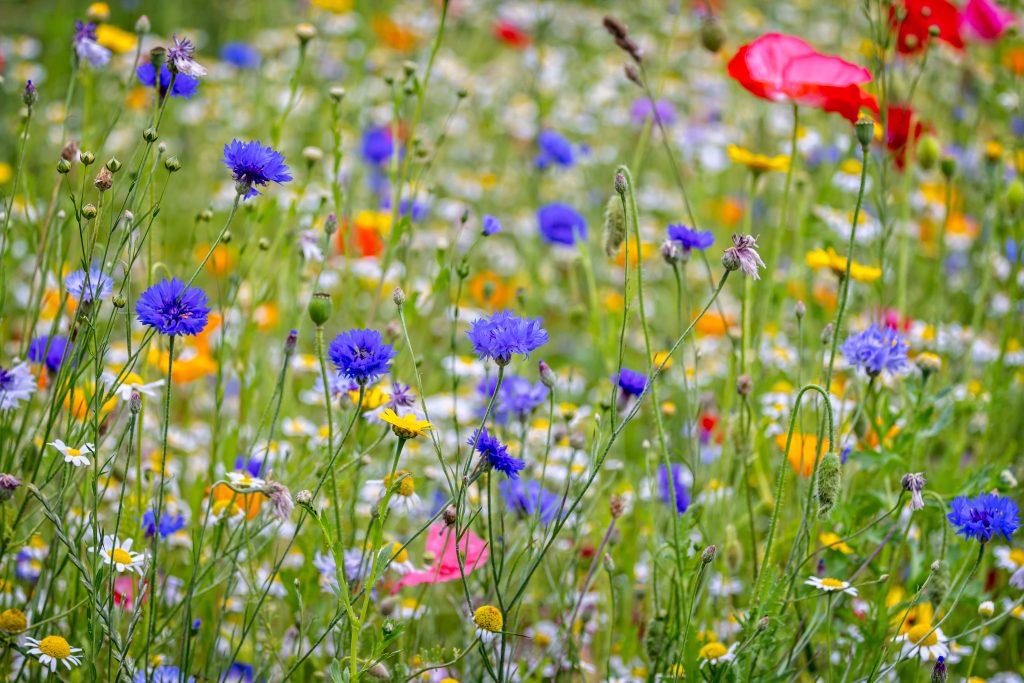
Diverse flora and fauna ensure that natural processes are in balance. Native species are well-adapted to the local environment, meaning they thrive without the need for excessive watering or chemical interventions. More importantly, they provide essential sources of food and shelter for local wildlife.
A diverse range of nectar-rich native plants can support bees, butterflies, and other pollinators throughout their life cycles. These plants can also attract a variety of birds and insects that rely on them for survival, helping to create a balanced ecosystem in your garden.
3. Let Your Grass Grow
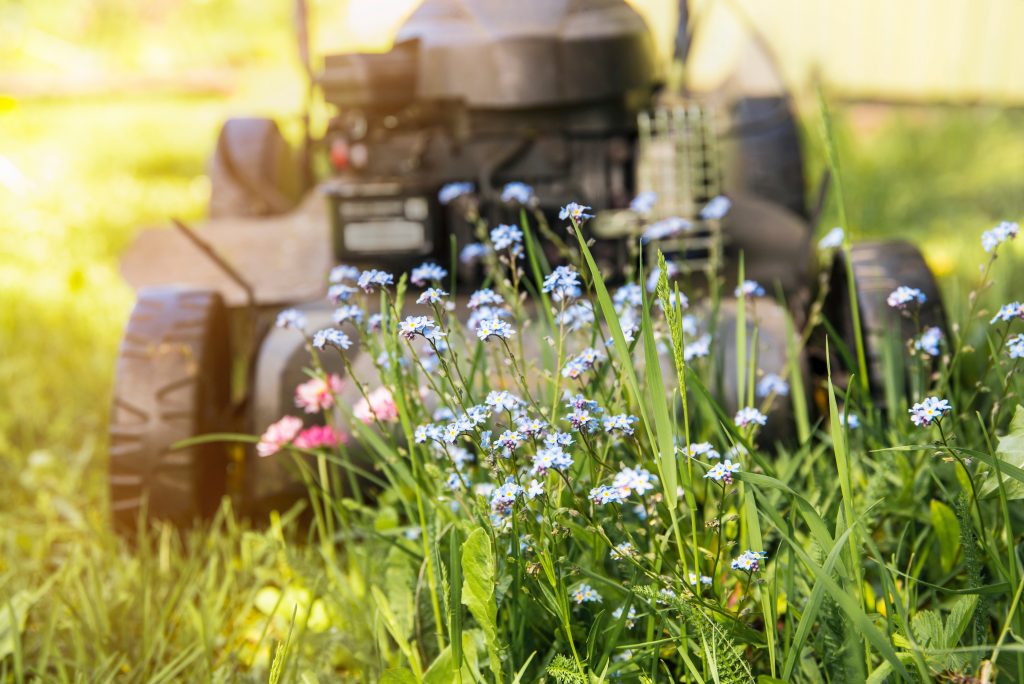
Allowing areas of your lawn to grow longer is a simple yet powerful way to support a more diverse range of plant life and attract pollinators. When grass is left to grow, wildflowers often emerge, providing an additional source of nectar for bees and butterflies.
This taller grass also creates a habitat for various insects and small animals, further enriching the biodiversity of your garden. Rather than maintaining a manicured lawn, consider letting nature take its course in certain areas.
4. Reduce or Eliminate Pesticide Use

Pesticides can be harmful to the very creatures you're trying to attract. Instead of using chemicals, opt for natural pest control methods. Encourage natural predators like birds and ladybirds by creating a balanced ecosystem in your garden.
Companion planting, where certain plants are grown together to naturally deter pests, can also be an effective strategy. For example, lavender planted with leeks and carrots or marigolds planted with tomatoes to deter pests. Highly scented plants can also be useful, such as thyme planted alongside roses, which can deter blackflies.
5. Attract and Host the Right Kind of Visitors
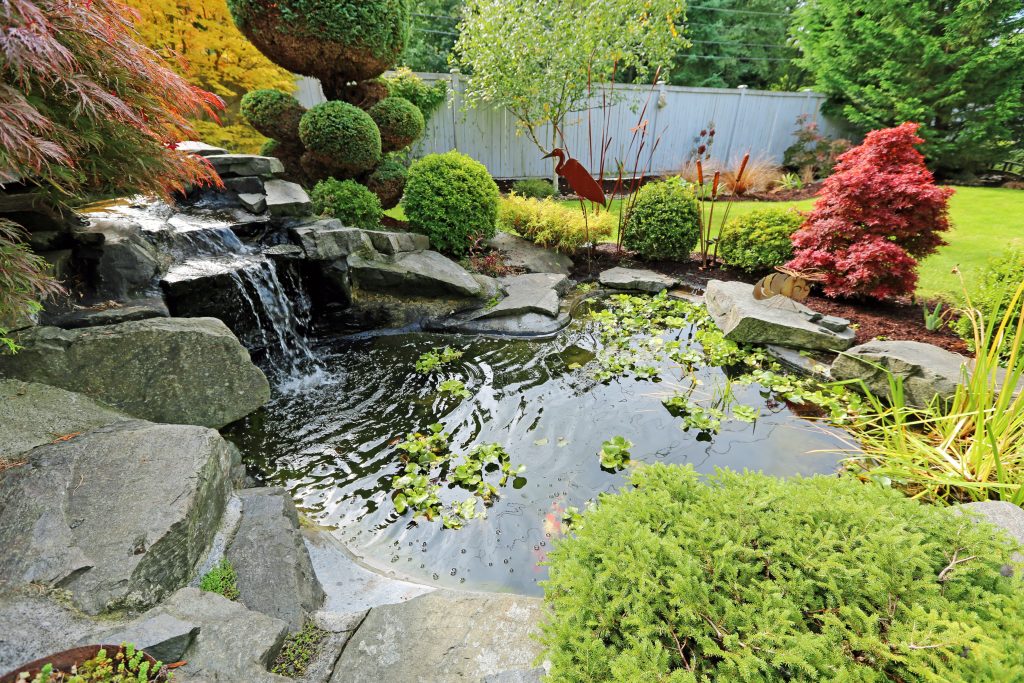
Incorporating natural features like compost heaps, log piles, and water sources into your garden can significantly boost its appeal to wildlife – and a garden that attracts wildlife is more resilient and self-sustaining overall.
- Butterflies and bees are key pollinators, essential for the reproduction of many plants.
- Birds help keep insect populations in check.
- Slow worms, often misunderstood, contribute to soil health by consuming pests like slugs.
6. Install Bird Feeders and Insect Hotels

Providing additional food sources and shelter can significantly boost the wildlife in your garden. Bird feeders filled with seeds or fat balls will attract a variety of birds, especially during the colder months.
Insect hotels, which can be easily made or bought, offer a safe haven for beneficial insects like solitary bees and ladybirds. These simple additions are good for wildlife and can make your garden more vibrant and lively.
7. Join Wildlife Trusts and Learn More

To further your efforts, consider joining local wildlife trusts or organisations dedicated to conservation. These groups offer valuable resources and advice on how to make your garden more nature-friendly. They can also connect you with a community of like-minded gardeners who share tips and success stories.
Take it a Step Further With Eco-Friendly Features
Choosing materials and products that are durable and environmentally responsible can make your garden a long-lasting haven for wildlife.
- Corten Steel Planters: Corten steel planters are an excellent choice for a nature-friendly garden, and perfect for growing a range of nectar-rich plants that attract pollinators.
- Oak Sleepers for Raised Beds: Oak is a robust, long-lasting material that requires minimal maintenance, and oak sleepers are ideal for growing native plants and vegetables – providing a solid structure that supports healthy plant growth while adding a rustic touch to your garden.
- Natural Decking Materials: Whether it be a hardwood, composite, or thermo-treated deck, these structures create a functional and ethically built space to enjoy the fruits of your wildlife gardening efforts.
Start Your Nature-Friendly Garden Today
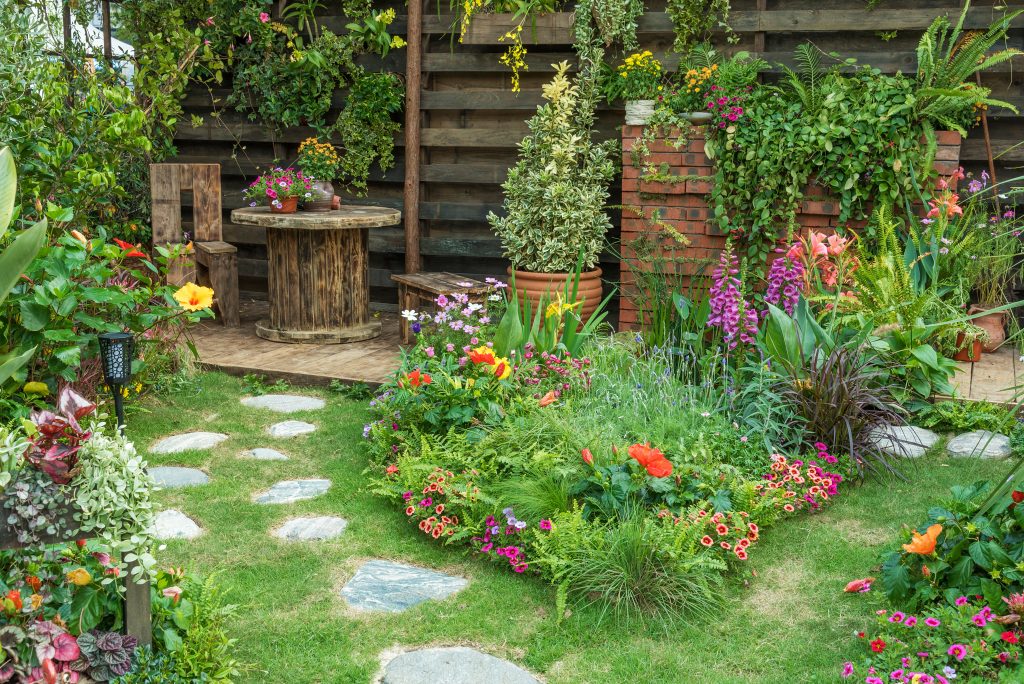
Creating a nature-friendly garden is a rewarding way to support local wildlife while looking after yourself and your outdoor space. With just a few simple steps, you can completely recreate the look and function of your garden – and now is the perfect time to start.

